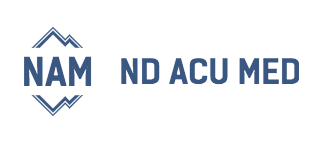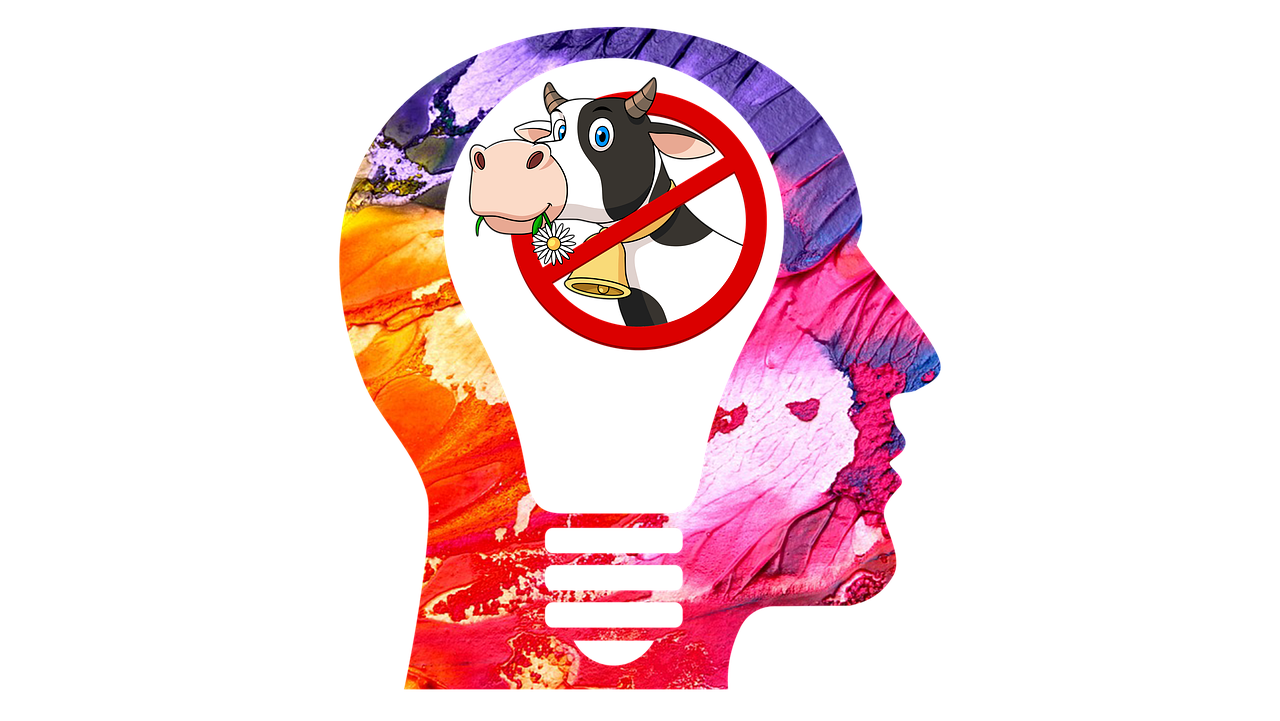You may have heard about the benefits of high protein diets:
- Appetite control
- Increase muscle mass
- Bone health
- Boosts metabolism and Fat burning
- Lowers blood pressure
- Maintains weight loss
- Supports kidney health
However, it is important to point out that these benefits are mainly attributed to plant-based proteins and not so much for animal proteins. This is because a high animal protein diet, which is often wrongly associated with Atkins diet, increases a growth factor called IGF-1 (insulin like growth factor). As the name implies , IGF-1 looks like insulin but instead of lowering blood sugar, IGF-1 enhances cellular growth pathways. IGF-1 has benefits but too much IGF-1 can play a role in cancer development and increasing mortality. Scientists stumbled across this phenomena when looking at patients in a remote part of southern Ecuador called Quito Ecuador. These patients suffer from Laron syndrome which is a genetic condition that leads to stunted growth. People with Laron syndrome rarely grow beyond 3 1/2 feet tall. The genetic mutation results in the IGF-1 not functioning normally which results in their stunted growth, but amazingly, they never get cancer nor diabetes !
Now, for people who don’t have Laron syndrome, how can they apply this knowledge to improve their health, reduce risk of cancer and diabetes? They should focus on getting the majority of their protein intake from plant sources. Animal protein is similar to human protein and this explains why animal protein will cause a rapid spike in IGF-1. In contrast, plant-based protein is less similar to animal protein and will increase IGF-1 to a much lesser degree. If you compare this to a volume dial, animal protein is turning the volume to full blast whereas plant-based protein is set to low volume setting.

